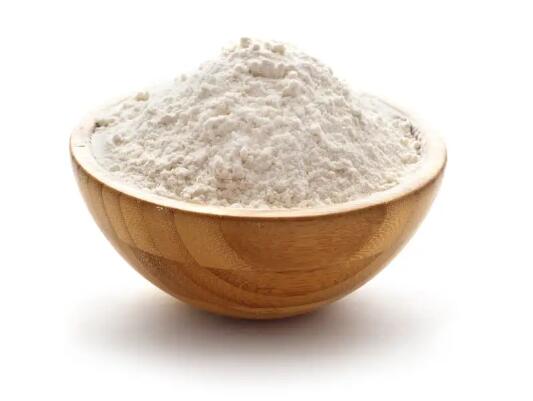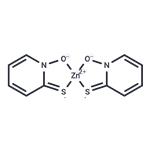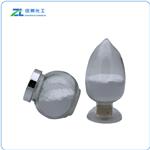Why was zinc pyrithione banned?
May 31,2023
Zinc pyrithione, also called pyrithione zinc or ZPT, is a “coordination complex” of zinc and pyrithione. It’s an ingredient in skincare and hair products because of its antibacterial, antimicrobial, and antifungal properties.
Risks and Side Effects
The use of pyrithione zinc in over-the-counter products, such as shampoos, creams, and soaps, has received FDA approval. Its topical application in recommended dosages is deemed safe.

It may burn or sting if it gets in the eyes, mouth, or nose. Possible adverse effects may involve a sensation of burning or redness, and exceptionally, the development of blisters.
If you experience any adverse effects, stop using the product immediately.
The Ban on the Cosmetic Anti-dandruff Agent Zinc Pyrithione (ZPT)
Due to concerns over its safety, the use of ZPT in cosmetics has been banned in some countries.
The ban on ZPT is mainly due to concerns about its potential toxicity. Studies have shown that the use of ZPT can lead to skin irritation, photosensitivity, and other allergic reactions. Additionally, there are worries about the potential harm it could cause to the environment, specifically its impact on water-based ecosystems.
In 2012, the European Commission banned the use of ZPT in cosmetic products in concentrations higher than 1%. In 2016, the European Union instituted a prohibition on the application of ZPT in hair color products. Other countries, such as Japan and Canada, have also restricted or banned the use of ZPT in cosmetics.
Overall, the ban on ZPT in cosmetics highlights the increasing emphasis on consumer safety and environmental concerns in the cosmetics industry.
- Related articles
- Related Qustion
- Zinc Pyrithione: Clinical Applications in Triple-Negative Breast Cancer and Environmental Hazards May 8, 2024
Zinc pyrithione's medical promise in TNBC contrasts with its environmental hazards, urging exploration of safer alternatives to balance therapeutic efficacy and ecological impact.
- Zinc Pyrithione: A Promising Anti-Fungal Compound for Dermatologic Applications Jan 9, 2024
Zinc Pyrithione has high skin permeability and exhibits anti-fungal activity against Malassezia yeast, commonly used in medicated shampoos for treating dandruff and seborrheic dermatitis.
- Benefits for skin of Zinc pyrithione Jun 14, 2022
Zinc pyrithione (or pyrithione zinc) is a coordination complex of zinc. It has fungistatic (that is, it inhibits the division of fungal cells) and bacteriostatic (inhibits bacterial cell division) properties and is used in the treatment of
Iodine is a chemical element with the symbol I and atomic number 53. It is the least abundant of the stable halogens, being the sixty-first most abundant element.....
May 31,2023Inorganic chemistryDimethylglyoxime is a white powder, soluble in methanol or sodium hydroxide solution. It is one of the first selective organic reagents applied in analytical chemistry.....
May 31,2023Chemical ReagentsZinc pyrithione
13463-41-7You may like
- Zinc pyrithione
-

- $35.00 / 500mg
- 2024-11-16
- CAS:13463-41-7
- Min. Order:
- Purity: 99.64%
- Supply Ability: 10g
- Zinc pyrithione
-

- $35.00 / 500mg
- 2024-11-16
- CAS:13463-41-7
- Min. Order:
- Purity: 99.64%
- Supply Ability: 10g
- Pyrithione Zinc
-

- $80.00 / 1kg
- 2024-11-15
- CAS:13463-41-7
- Min. Order: 1kg
- Purity: 99
- Supply Ability: 5000






